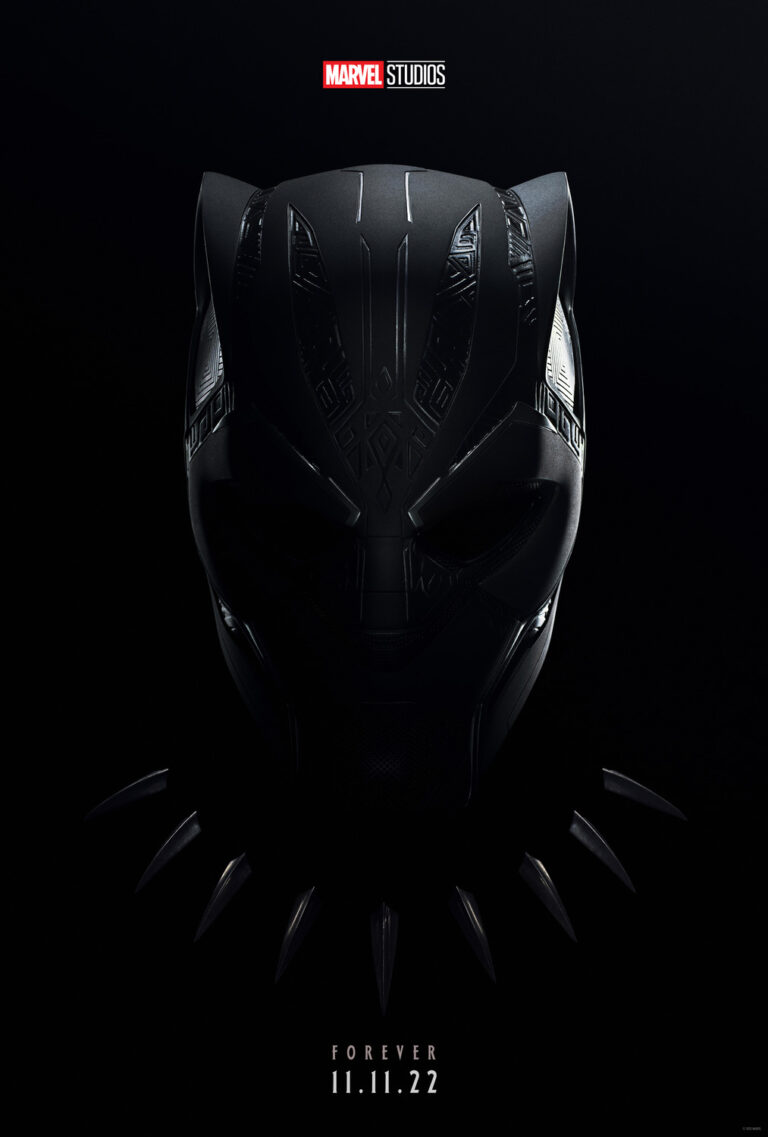Synopsis
The kingdom of Wakanda was in peril. King T’Challa, beloved ruler of the land, had been struck down by a mysterious illness, and his sister Shuri had been unable to find a cure. With the king’s passing, the Wakandans were left vulnerable to the outside world, and soon found themselves under pressure to share their precious vibranium.
In a desperate attempt to protect their homeland, Queen Ramonda implored Shuri to continue her research on the heart-shaped herb, hoping to create a new Black Panther to defend Wakanda. But Shuri refused, believing the Black Panther to be a figure of the past.
The Wakandans were soon confronted by a group of blue-skinned, water-breathing superhumans led by Namor, who demanded the scientist responsible for the vibranium detector. Shuri and Okoye set out to find the scientist, MIT student Riri Williams, and were pursued by the FBI and Namor’s warriors.
Namor took Shuri and Williams to his underwater kingdom of Talokan, where he proposed an alliance with Wakanda against the rest of the world. Nakia helped Shuri and Williams escape, and Namor retaliated with an attack against Wakanda, during which Queen Ramonda drowned while saving Williams.
Shuri used a remnant of the herb to reconstruct the heart-shaped herb and ingested it, gaining superhuman abilities and meeting Killmonger in the Ancestral Plane. She donned a new Black Panther suit and was accepted by the other Wakandan tribes as the Black Panther.
Shuri led the Wakandans in a counterattack against Talokan, and with the help of Williams’ Iron Man-esque powered exoskeleton, they were able to lure Namor and his warriors to the surface. Shuri trapped Namor in a fighter aircraft and the pair crashed on a desert beach, where Shuri implored Namor to yield and offered him a peaceful alliance. Namor accepted, and the battle ended.
With the Wakandans safe, Shuri visited Nakia in Haiti and burned her funeral robe in accordance with Ramonda’s wishes, allowing herself to finally grieve for T’Challa. In a mid-credits scene, Shuri learned that Nakia and T’Challa had a son named Toussaint, whom Nakia had been raising in secret.
Critique
The funeral of King T’Challa is a solemn affair, with Shuri and Queen Ramonda dressed in white, following the black coffin, whose top features a silver emblem of the Black Panther mask and the crossed arms of the Wakanda salute. The procession is contrasted with slow-motion tracking shots of dancers jubilantly dancing in memory of their fallen king. After the coffin arrives at a clearing, where it ceremoniously rises to the sky, we cut to an earnest, emotional montage of Boseman as T’Challa.
The secret ingredient for the success of “Black Panther” was its independence from the Marvel Cinematic Universe. But writer/director Ryan Coogler and his co-writer Joe Robert Cole don’t possess the same kind of freedom with this melancholy sequel. The hulking script is chock-full of ideas and themes, including two kingdoms helmed by people of color pitted against each other, and the cultural pain that still exists from the historical annihilation of Central and South America’s Indigenous kingdoms.
The film attempts to position the trio of Ramonda, Shuri and Everett Ross as different stages of grief, but in trying to get viewers up to speed on the atrocities experienced by Namor, it becomes slow and overblown. The shortcomings in dialogue and story, and how often “Black Panther: Wakanda Forever” bows to IP-driven needs, would be easier to stomach if the visual components weren’t so creaky. Scenes of everyday life in Wakanda—Black folks shopping, communities laughing and enjoying each other’s company—that once filled the viewer with joy feel artificial here.
A major sea battle ensues, new, ropey gadgets are employed, and loose ends are inarticulately tied. The collective front of these performers isn’t enough to stem the tide of a movie that relies on shouting matches and broad visual and political metaphors that have been boiled down to their uncomplicated essence rather than their complex truths. Ultimately, this film attempts to set up the future through Shuri, but she is constantly working against the script. An assured and charismatic Winston Duke as M’Baku is there to help, and a misused Lupita Nyong’o as Nakia is there for assistance. Okoye, played by Danai Gurira, provides resilience.
Jane is a woman of keen intellect and fine taste, with a deep affection for the art of cinema and the power of storytelling. She possesses a sharp mind and a discerning eye, able to recognize the subtleties of a well-crafted film and express her opinions on the latest releases without hesitation. Her writing is graceful and engaging, capturing the essence of each film and conveying her thoughts with clarity and conviction.

